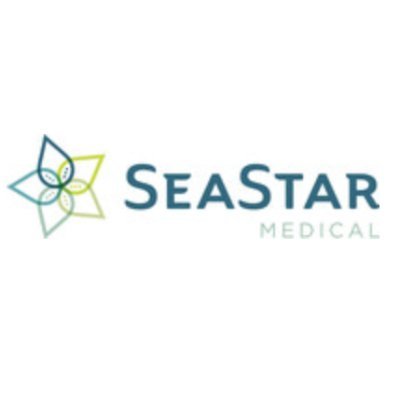
SeaStar Medical Holding Corporation (NASDAQ:ICU) reported a better-than-expected Q1 2025 performance with a revenue of $293,000 against an estimated $150,000.
The company’s QUELIMMUNE therapy has significantly boosted sales, leading to a four-fold increase in revenue compared to the previous quarter.
Despite positive revenue growth, ICU faces financial challenges with a negative P/E ratio of -0.30 and a high price-to-sales ratio of 89.32.
SeaStar Medical Holding Corporation, trading as NASDAQ:ICU, focuses on innovative treatments for critically ill patients. The company recently reported its Q1 2025 earnings, showcasing a better-than-expected performance. Despite a negative EPS of -$0.44, it surpassed the estimated EPS of -$0.52. Revenue also exceeded expectations, reaching $293,000 against an estimated $150,000.
The company’s revenue growth is largely attributed to the adoption of its QUELIMMUNE therapy, which has significantly boosted sales. This therapy has led to a four-fold increase in revenue compared to the previous quarter, as highlighted by SeaStar Medical’s CEO, Eric Schlorff. The company is attracting new customers, including a nationally recognized children’s medical center.
Despite these positive developments, ICU faces financial challenges. The company has a negative P/E ratio of -0.30, indicating unprofitability. Its price-to-sales ratio is high at 89.32, suggesting investors are paying a premium for each dollar of sales. The enterprise value to sales ratio is 80.09, reflecting a high valuation relative to sales.
ICU’s financial metrics further highlight its challenges. The enterprise value to operating cash flow ratio is negative at -0.68, indicating difficulties in generating positive cash flow. The earnings yield is -3.38%, and the debt-to-equity ratio is negative at -0.26, suggesting more liabilities than equity. The current ratio of 0.55 indicates potential liquidity concerns.
The NEUTRALIZE AKI trial, a key development for ICU, has surpassed 50% enrollment, prompting an interim analysis. SeaStar Medical plans to discuss these developments in a webcast, reflecting its commitment to improving outcomes for pediatric patients with Acute Kidney Injury (AKI).

